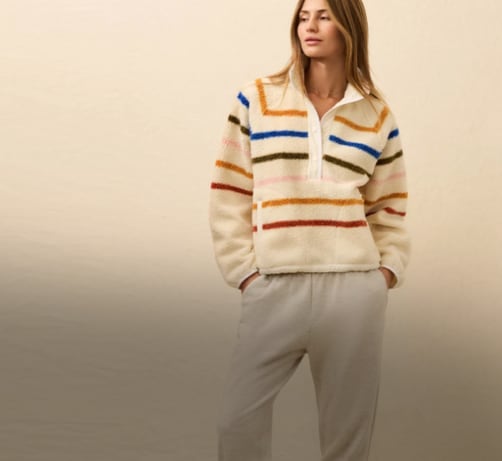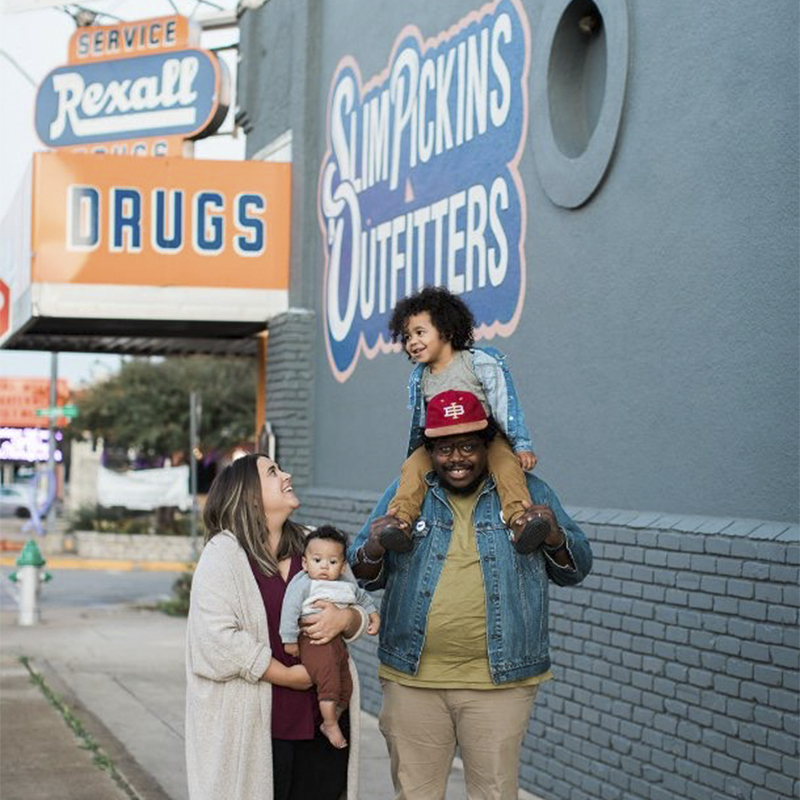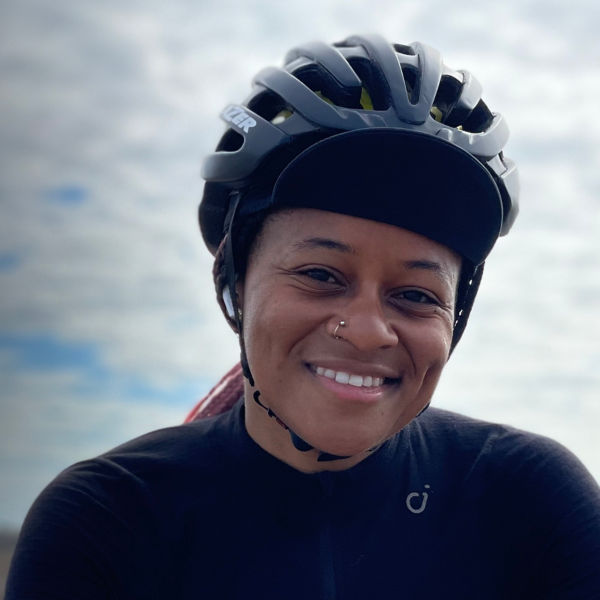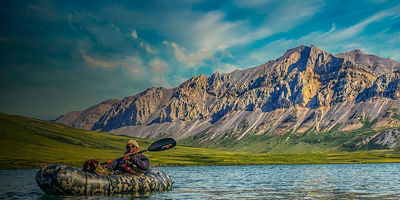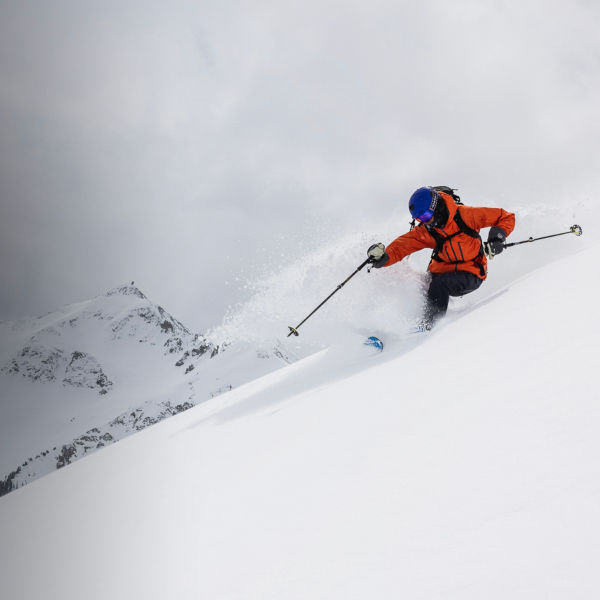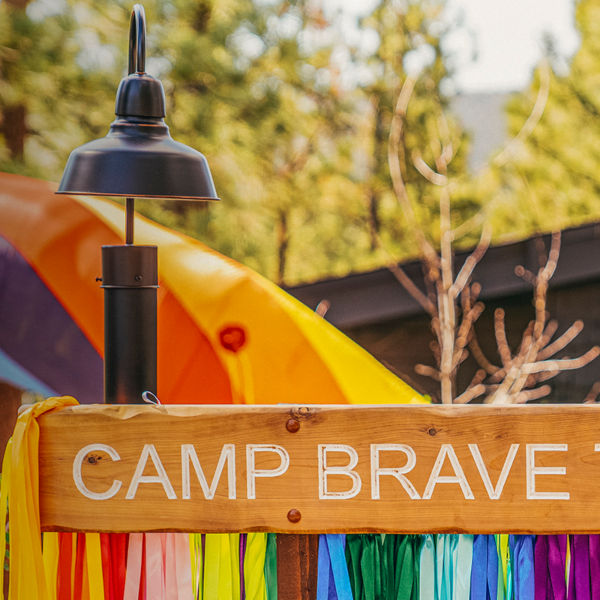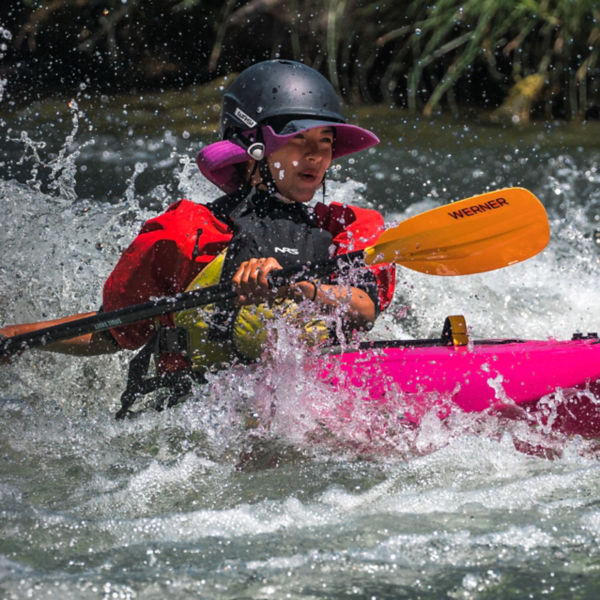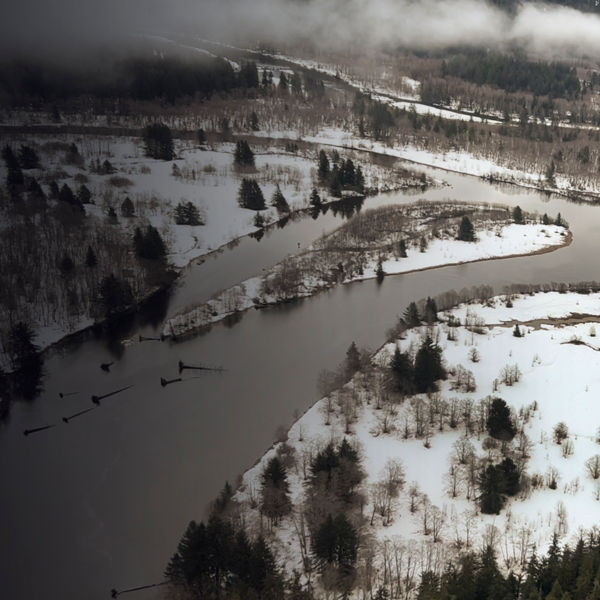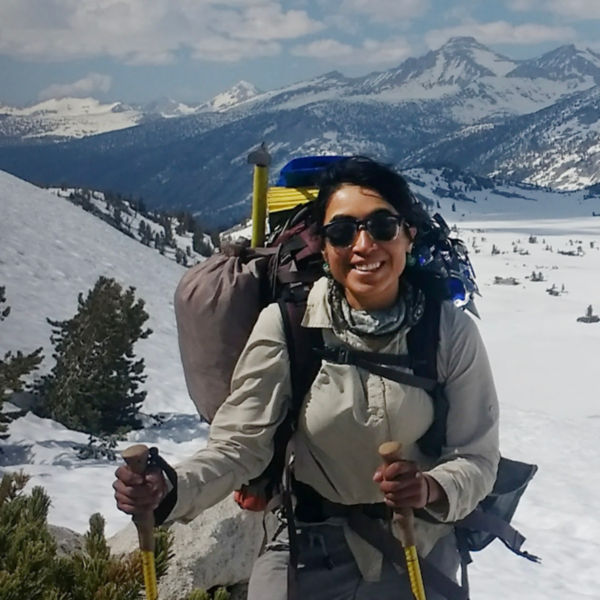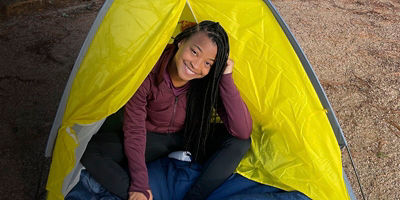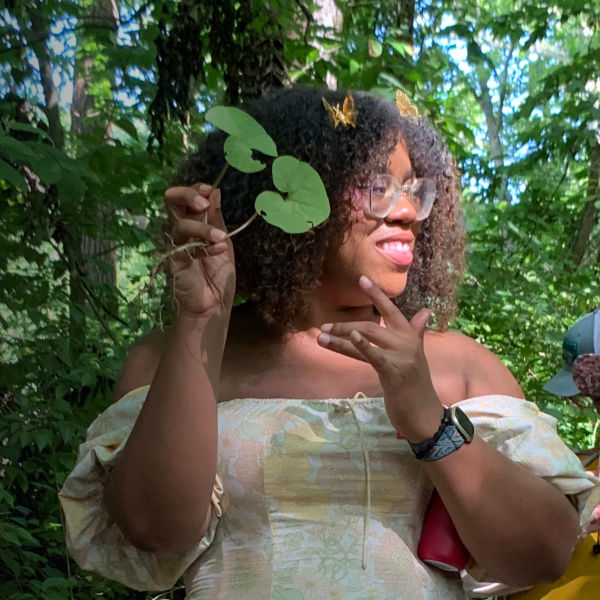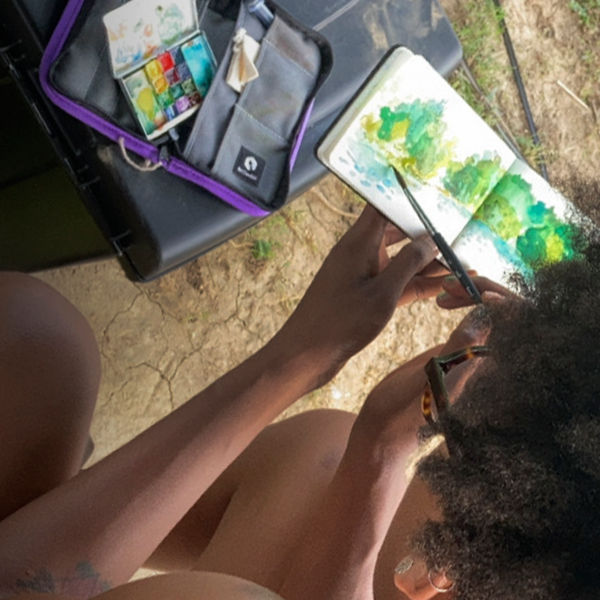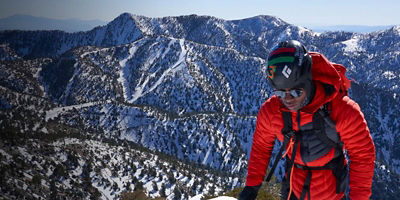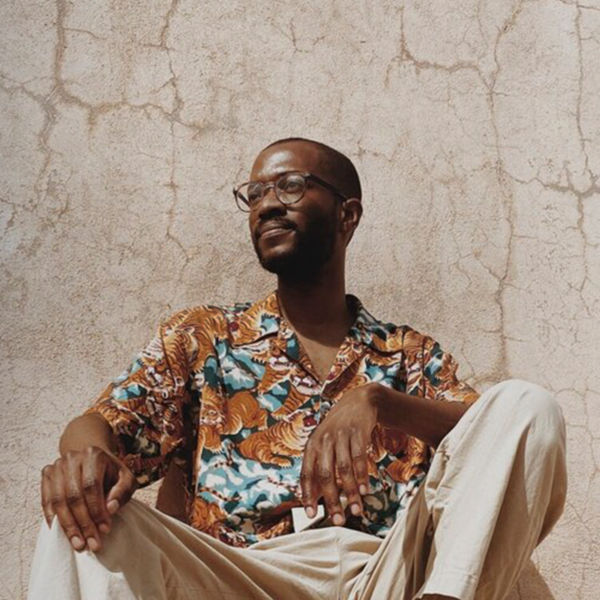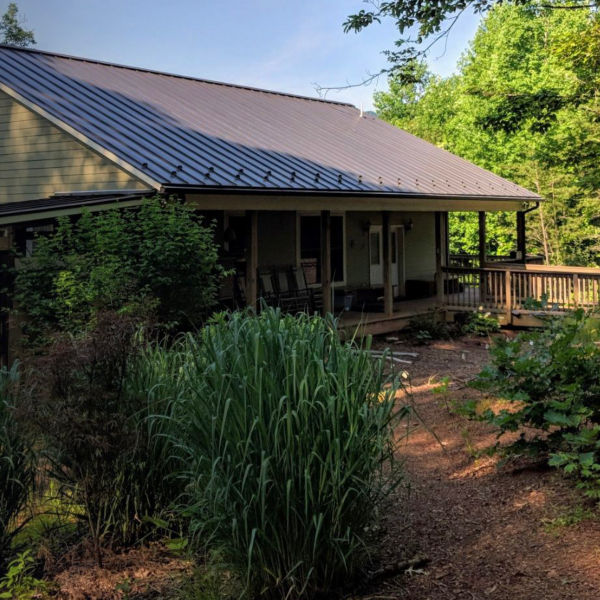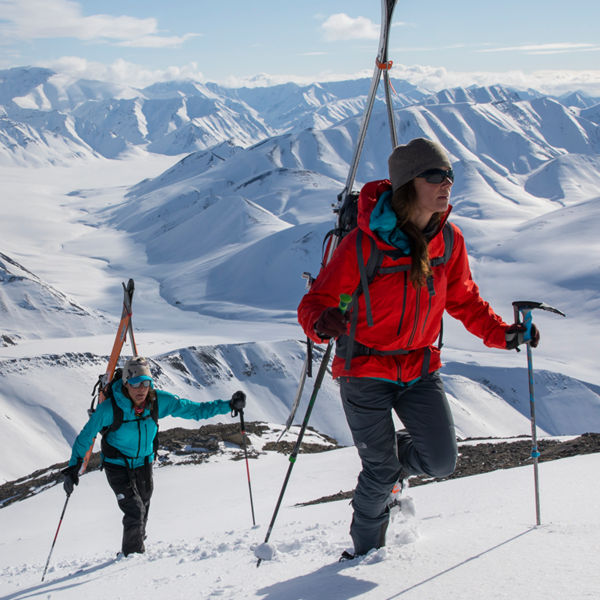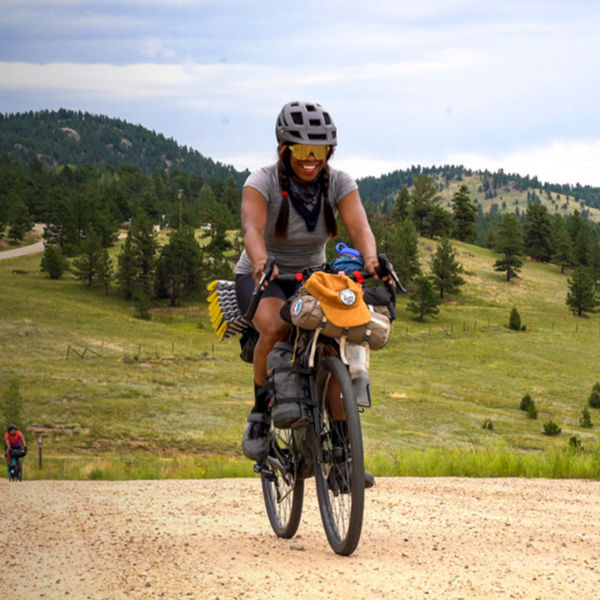
Jahmicah and Heather Dawes own Slim Pickins, an outdoor equipment outfitter in Stephenville, a small town of 20,000 in the heart of Texas dairy country that also happens to be the first Black-owned specialty gear shop in the country. Stephenville is steeped in ranching and cowboy heritage, and an unlikely location for a progressive retailer like Slim Pickins, where reggae records spin during the day and vintage sneakers can be found next to the latest hiking boots. But since opening in 2017, the independent shop has become a beacon not just for the outdoor community in the area, but for the outdoor industry in general. We talked with Jahmicah and Heather about their trail-blazing journey and their goal of diversifying the outdoor industry.
PUBLIC LANDS: How did you find yourselves in Stephenville?
HEATHER DAWES: Jahmicah is from Wiley, outside of Dallas, and I grew up in Strawn, about 30 minutes away. But we both went to Tarleton State University here in Stephenville. We liked Stephenville, but in 2016, right after the election, it seemed like a lot of racists were coming out of the woodwork. It felt like this wasn’t where we wanted to be, so we started looking to move to Nashville or Louisville. Then Jahmicah had this idea of starting a business here.
But why an outdoor shop? Did you grow up in the outdoors?
JAHMICAH DAWES: Not really. I had some bad experiences in the Scouts as a kid. But in college, we would do mission trips every year, and we had to leave Stephenville for a bigger city to get geared up. We had this running joke where we said, ‘One of these days, someone is gonna open up an outdoor shop in Stephenville and make a ton of money.’ I guess the joke’s on us. At the same time we were thinking of moving, I had some positive experiences in the outdoors that combated the earlier negative experiences, and my connection to the outdoors was getting re-established. And I knew there was a passion for the outdoors in this area. I’d see people wearing these brands, and pursuing these adventures, but there was no place or community for them around town.
But Slim Pickins isn’t your typical outdoor shop.
JD: We hear this all the time. This shop is something different. I didn’t grow up in the outdoor industry. My background was in sneakers, streetwear and skate. The first business I opened was an online vintage clothing shop while I was still in school. I wanted to create a shop that all kinds of people feel comfortable with. We’re spinning vinyl. We have vintage sneakers. There are skateboards on the wall, and Bill Murray, our basset hound, hangs out in the store. We’re trying to build community through different avenues of interest that might not be traditional outdoor things. We build the community off those connections and interests, and then we take that community outside.
HD: Jahmicah loves fly fishing, and we love to hike, but that’s probably where our traditional outdoor interests end. It’s important to us to show people they can be outdoorsy without meeting the stereotypes. We don’t look like rock climbers, so people see us behind the counter, and they know that the outdoors are for everyone.
Slim Pickins is celebrating its five-year anniversary. Are you glad you opened an outdoor shop in Stephenville?
JD: Definitely. There’s value in these towns that have been overlooked, just like there’s value in people who have been overlooked by the outdoor industry. We’ve chosen to stay here and have worked hard to stay here. It was a spiritual aspect, calling us to stay here and invest. Because we did that, the community is different. I think Stephenville has changed. I think Slim Pickins has allowed some people who were also different to start a business, or step out and meet other people who might be different.
HD: There were people who supported us from the beginning, but we also saw people who you wouldn’t think were concerned about diversity, come into our shop and show us they loved us. Has the overall makeup of Stephenville changed? Not really. But we’ve been exposed to so many different kinds of people who didn’t have a place to go, or community to support them. It’s been refreshing for us to see.

